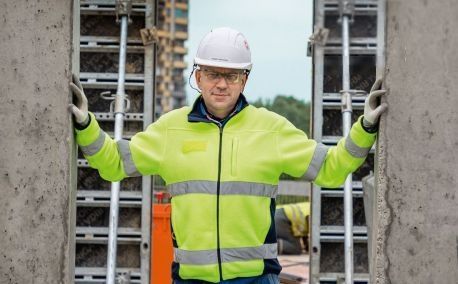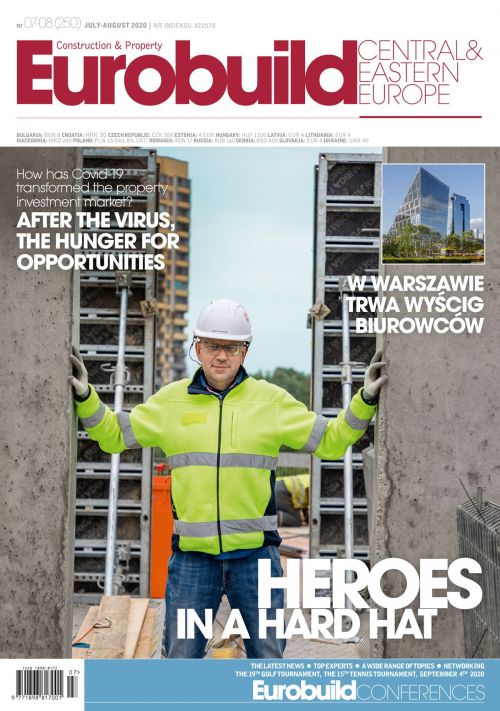General contractors in Poland certainly had more time to prepare for the situation than their counterparts in other countries, while the emergency regulations that came into force were less restrictive than in Western Europe. And they have been able to take full advantage of all of this.
Falling from the sky like a comet
What were the first reactions when it turned out that the coronavirus posed a real threat to our region? The general contractors Eurobuild has spoken to all gave the same answer: We need to think ahead.
“It seems we were ahead of the government. We already knew the situation was serious by the end of February, as some disturbing news started to emanate from other European countries. We sent out a directive to our employees to take precautions and quickly formulated safety measures to avoid infections. At that time no one had yet fallen ill in Poland, but we took the decision that all Warbud employees returning from abroad – and this was around the time of the sc





























































